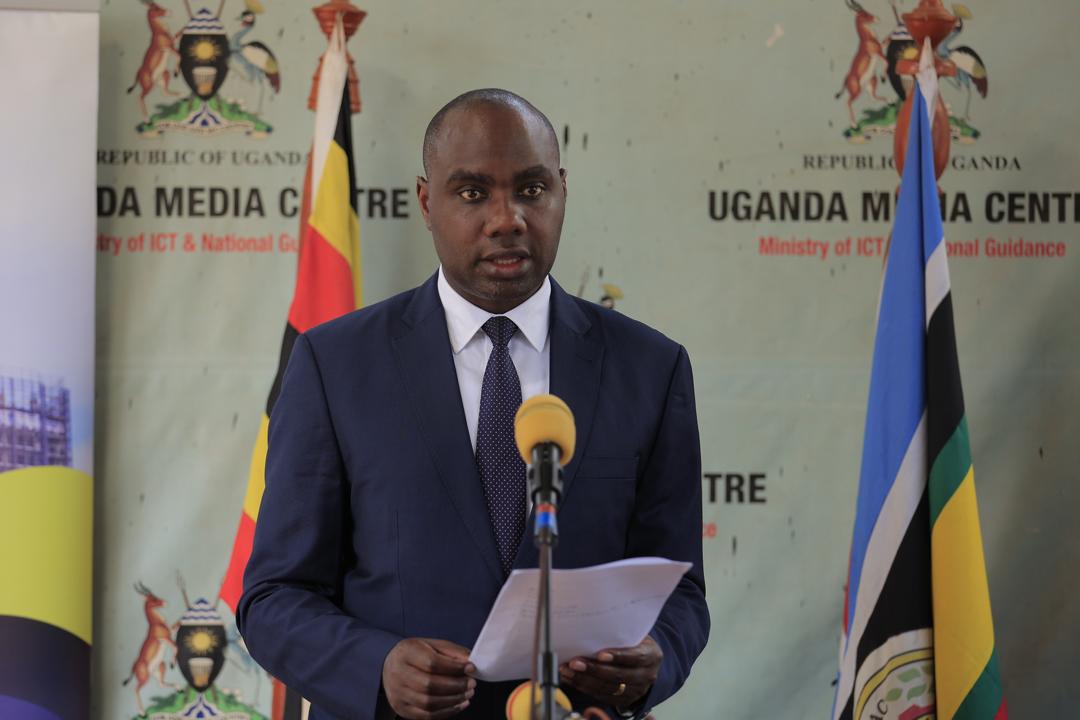News
Government Exempts Local Providers from Procurement Bidding Fees and Security for Contracts Valued Below 10 and 30 Million
These new guidelines aim to implement affirmative interventions targeting the engagement of women, youth, and persons living with disabilities in the procurement process, thereby promoting equitable empowerment for all citizens, whether formally or informally engaged in business.

By Ivan Kaahwa
The government has unveiled plans to improve and enhance the involvement of local suppliers and service providers in Uganda and East Africa under the new guidelines of the Public Procurement and Disposal of Public Assets (PPDA) on Reservation Schemes. These new guidelines aim to implement affirmative interventions targeting the engagement of women, youth, and persons living with disabilities in the procurement process, thereby promoting equitable empowerment for all citizens, whether formally or informally engaged in business.
The government has introduced procurement value thresholds for local providers and the East African Community to ensure fair access to government contracts. Specifically:
- 30% of the value of works is to be subcontracted to local providers when the main contractor is a foreigner.
- All products manufactured in Uganda must be procured from national and resident providers by Procuring and Disposing Entities.
- All inputs manufactured in Uganda must be procured from national and resident providers by entities and government contractors.
Furthermore, a reservation scheme has been introduced to facilitate the participation of registered associations of women, youth, and persons with disabilities. Under this guideline, 15% of the entity’s annual procurement budget shall be reserved for awarding to registered associations of women, youth, and persons with disabilities. The Minister of State for Finance in charge of General Duties, Hon. Henry Musasizi, encourages the formation of associations, partnerships, savings and cooperative societies, or community-based organizations to benefit from this guideline.
Local Government Procuring and Disposing Entities shall reserve procurement requirements for supplies, works, consultancy, and non-consultancy services valued at not more than UGX 10 million, while Central Government entities shall reserve procurement requirements for services valued at not more than UGX 30 million for registered associations of women, youth, and persons with disabilities.
Under the reservation scheme, associations will be exempted from paying bidding fees and bidding security but will only be required to submit a bid securing declaration, which streamlines the bidding procedure, necessitating only a bank account and a National Identity Card from the provider.
Women, youth, and persons with disabilities will receive support from Procuring and Disposing Entities to participate in government contracting opportunities within certain thresholds, constituting at least 15% of the entities’ procurement budgets. This initiative aims to enhance the production and utilization of local investors, ultimately addressing concerns of unemployment, low production, and household income inequalities across all sectors. The inclusivity and participation of local providers, women, youth, and persons with disabilities will reduce dependency on imports while promoting self-sufficiency.
These guidelines on Reservation Schemes to Promote the Participation of Local Providers in Public Procurement, issued under Sections 50(2), 59B, and 97 of the PPDA Act, 2003, mark a pivotal moment in our procurement system. They outline measures to reserve certain procurements for national, resident, and East African Community (EAC) contractors, suppliers, manufacturers, and consultants.
@IvanKaahwa via Twitter
#IvanKaahwaReports


































